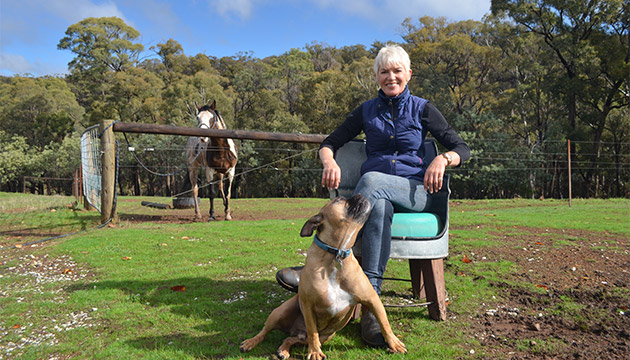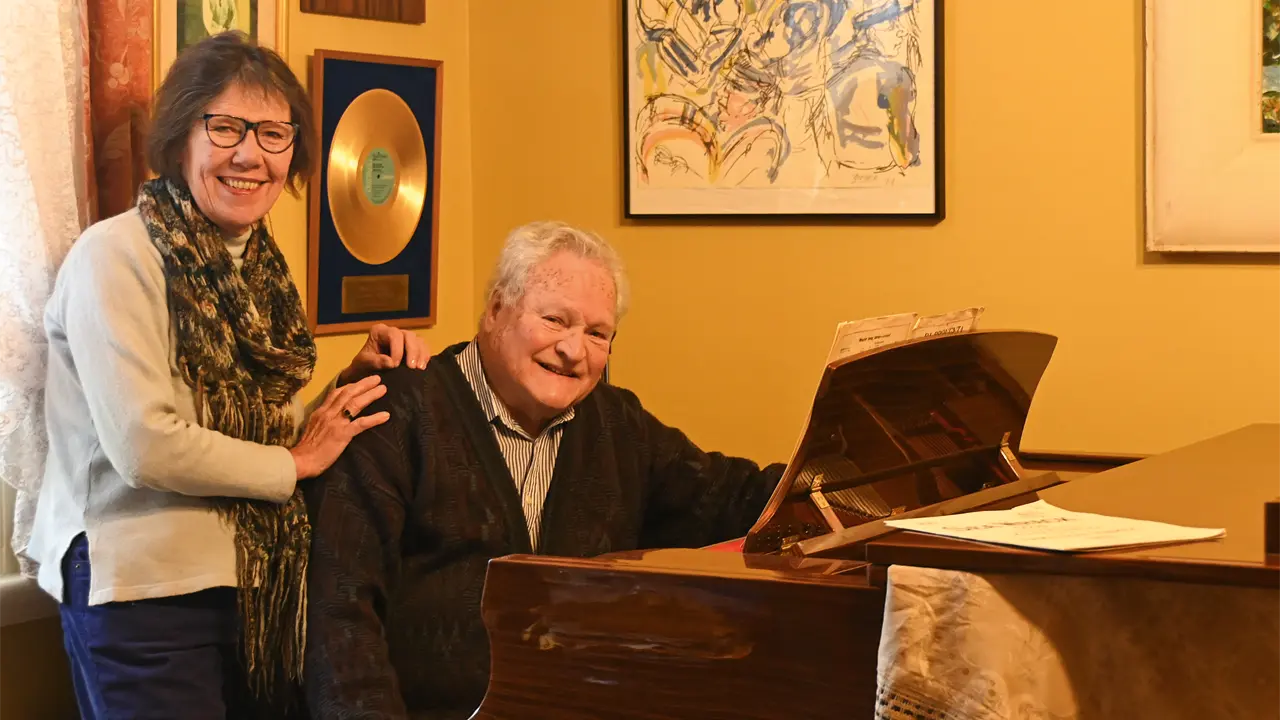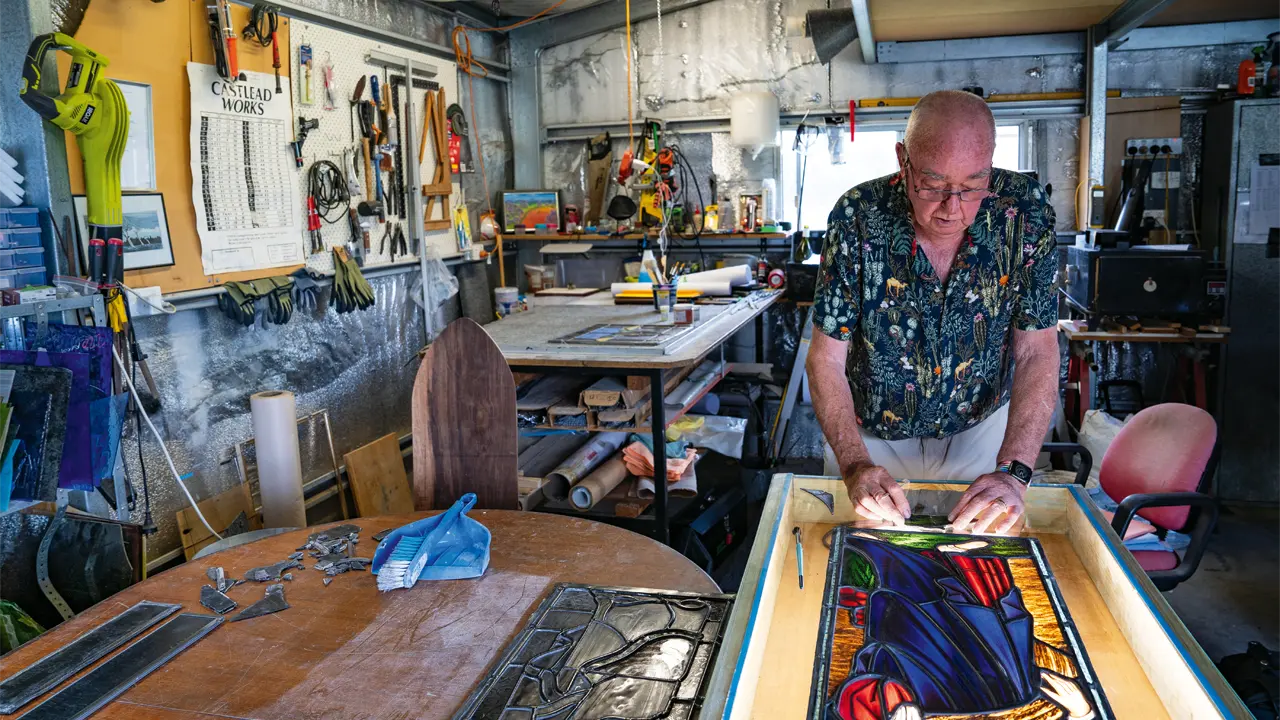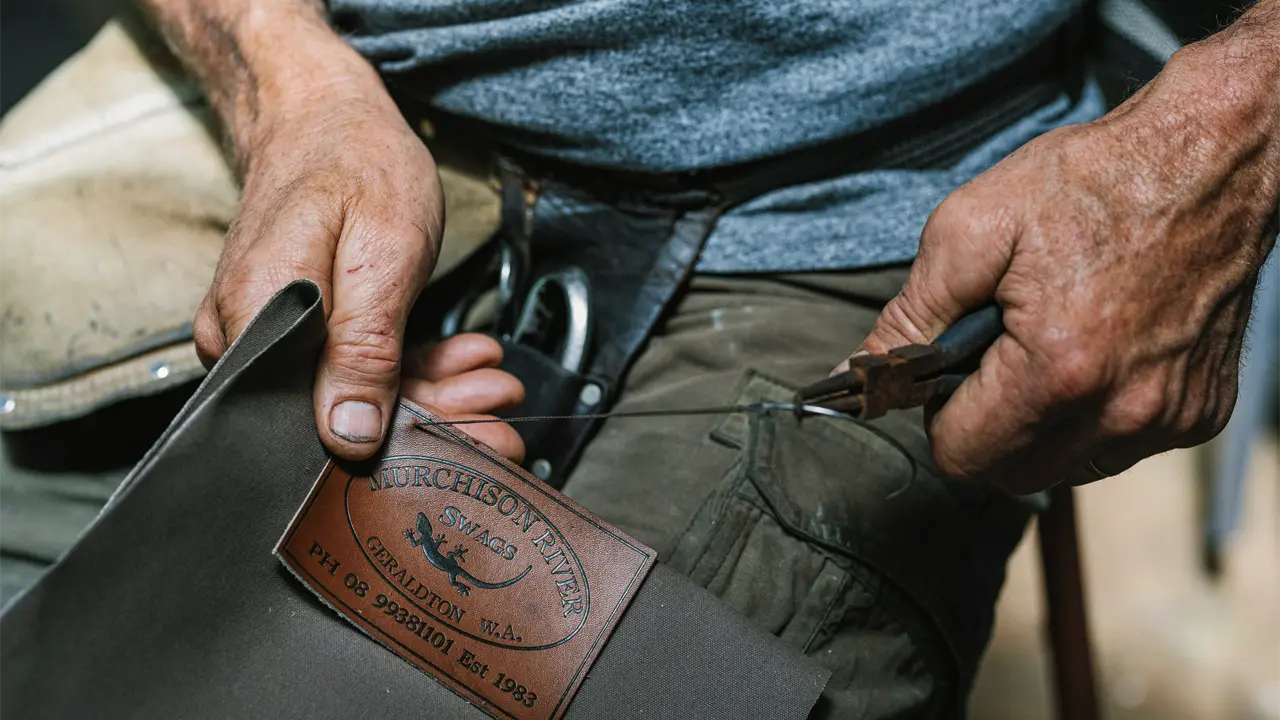Some landholders are finding that turning over paddocks to conservation reaps more than environmental rewards.
Story by Ricky French
It was midnight when the police knocked on Galena Debney’s door. They knew the horse-stud owner. Galena opened the front door and the young constable reached into her jacket pocket. She pulled out a young joey. “Sorry to disturb you, Galena,” she said. “But can we bring him in?”
Running a wildlife shelter on a property that is already a wildlife sanctuary is no small job. But it’s just one aspect to a burgeoning trend among rural landowners who are combining business with conservation. And several are demonstrating that there need not be a trade-off with production. In fact, many are claiming that being a good environmental citizen can actually give you a better financial return.
When Galena first bought her 30-hectare property near Glenlyon, 100 kilometres north of Melbourne, in the late 1970s the land was in a sorry state. “It was completely degraded,” she says. “It was overgrazed and denuded of trees. There were no birds and an abundance of feral cats.” Galena got to work straight away, fencing off access to the 1km long creek to keep out her horses. “The tussock grass has come up and the animals have returned,” she says. Galena then planted dozens of trees around the house to form a wind buffer and a corridor for the animals. A war on gorse came next. Then fumigating the rabbits. After many years of slowly improving her property she decided to take the next step and turn a significant portion into a formal wildlife sanctuary. A partnership with Wildlife Land Trust (WLT) was born.
Launched by the Humane Society International in 2007, WLT works with landowners such as Galena who want to commit their properties to conservation. “When I first moved here I felt a bit isolated with what I was trying to do with my land,” Galena says. “Teaming up with an organisation like WLT made me feel quite supported. It was like joining a community, because I met others who were doing it, too. It gives us access to a lot of information and practical solutions to problems.”
Galena leads out Rebel, her proud stallion, and brushes down his wet mane. “You can’t change the world, but you can do your bit,” she says.
This story excerpt is from Issue #108
Outback Magazine: Aug/Sep 2016










